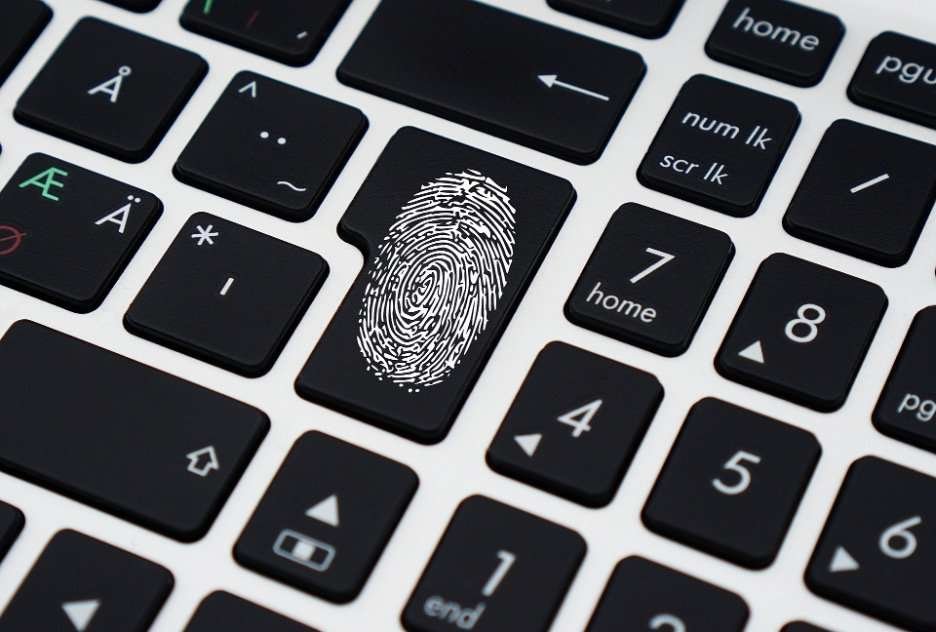Considering that 95 percent of all security breaches are caused by human error, you may rethink your security strategy for a moment. If you want your credentials to stay protected, keep reading because we’re bringing you advice on how to build a solid security framework that’ll help to chase off any hacker out there.

Guide for Securing Your Login Credential
1. Keep a good password hygiene
By now, you probably know that passwords are not the safest way to protect your accounts, but since it’s pretty hard to avoid them altogether, there are some practices that can additionally increase your safety. One of them is creating strong passwords that don’t include personal names, dates, pet names, etc. Also, don’t store passwords on your devices because if your device gets stolen or lost, you’re more likely to become a victim of a data breach. Furthermore, use different passwords for every account since one password across multiple accounts may severely increase your chances of getting hacked.
2. Start using a password manager
Google reported that 75 percent of Americans are getting frustrated while trying to keep track of their passwords. Luckily, you don’t have to be a part of this statistic. Switching to a password manager is an excellent way to secure your data since a password manager encrypts your passwords and keeps them safe in a cloud-based vault. If anyone steals your credentials, it’ll be useless since they won’t be able to read it. A second reason to get a password manager is the convenience – you won’t have to think about your passwords ever again. You’ll need only one password to log into all of your accounts.
3. Embrace a multi-factor authentication
Even though securing our accounts with passwords became a habit, it’s rather an unreliable one. Multi-factor authentication uses several different levels of protection to keep your credentials out of cybercriminals’ sight. The first level of authentication often includes a regular password, while the second one involves verification with a one-time passcode received in an SMS message. The third part is most commonly a biometric feature like a fingerprint or a voice recognition, and it’s the hardest one to crack since it’s improbable that hackers could come by your unique physical characteristics.
Security Tools to Further Secure Your Online Presence
1. A VPN
The easiest way to kill two birds with one stone and protect all your online activities at once is to use a VPN. A Virtual Private Network (VPN) will channel your data through an encrypted tunnel to ensure it stays completely unreadable to anyone trying to snoop around it. Also, it can cover all your devices, meaning that you won’t have to worry about safety every time you step out of the house and switch to mobile.
2. Antimalware
The war against malware is a never-ending one, meaning that you’ll need a whole array of methods and tools to defend your security successfully. However, every solid cybersecurity strategy should start with antimalware. Keep in mind that good antimalware practice doesn’t end with installing software. If you want maximum efficiency and protection from your antimalware, regularly update software to eliminate potential bugs and any other flaws in the system.
3. Signal
By now, you’ve probably got the memo on the importance of encrypting your valuable data. If you want to level up your security, switch to an encrypted messenger app like Signal. Signal keeps all your conversations out of the reach of other parties, but bear in mind that messages sent to someone outside the app won’t be encrypted.
Make designing a solid and resilient cybersecurity strategy your priority and start step by step. Include these few suggestions and develop according to your needs. However, keep in mind that there is no one-size-fits-all solution, meaning that you’ll have to be on your toes and upgrade your security mechanisms regularly.
Discover more from WorldOWeb
Subscribe to get the latest posts sent to your email.
